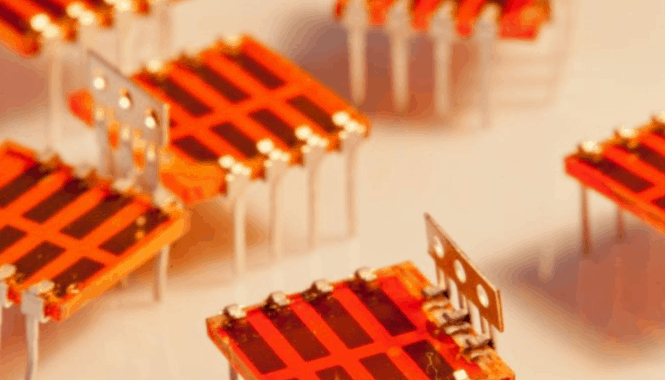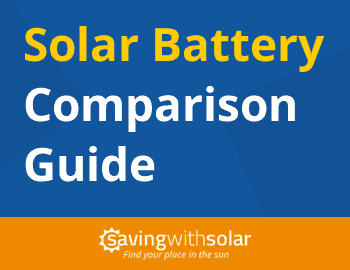Swiss-based solar technology company Meyer Burger has recently made an exciting announcement regarding its future plans to focus solely on the production of glass-glass bifacial solar modules. The company’s decision comes as part of its strategic plan to become a leading provider of sustainable and innovative solutions for the global solar industry.
In a press release issued on February 24th, Meyer Burger announced its intention to cease the production of conventional glass-foil solar modules and instead focus entirely on the manufacture of glass-glass bifacial modules. The company’s CEO, Gunter Erfurt, explained the decision, saying:
“We are convinced that glass-glass bifacial modules will become the dominant technology in the solar industry in the coming years. They offer significant advantages over conventional glass-foil modules, including higher durability, longer lifespan, and improved performance under real-world conditions. By focusing our efforts on this technology, we can deliver greater value to our customers and contribute to the continued growth of the solar industry.”
Bifacial solar modules are designed to capture sunlight from both sides of the panel, increasing their overall efficiency and output. Glass-glass bifacial modules are particularly well-suited to this purpose, as they have a transparent backsheet that allows light to pass through to the rear of the panel. This design not only boosts energy production but also enhances the durability and longevity of the module, as it is less vulnerable to damage from external factors like moisture and UV radiation.
Meyer Burger’s decision to focus exclusively on glass-glass bifacial modules is a significant one, as it represents a shift away from the traditional glass-foil technology that has dominated the solar industry for decades. However, the company is confident that this move will pay off in the long run, both in terms of customer satisfaction and profitability.
“We are committed to leading the way in sustainable solar technology, and we believe that glass-glass bifacial modules are the future of the industry,” Erfurt said. “By investing in this technology now, we can position ourselves as a key player in the market and deliver real value to our customers.”
The announcement has been met with enthusiasm from industry experts, who see it as a positive step forward for both Meyer Burger and the solar industry as a whole. In an interview with pv magazine, solar analyst Finlay Colville praised the decision, saying:
“Meyer Burger’s move to glass-glass bifacial modules is a smart decision. They’re focusing on a technology that offers a lot of benefits in terms of durability and performance, and that’s likely to become increasingly popular in the years to come. By positioning themselves as a leader in this space, they’re setting themselves up for success.”
Meyer Burger’s decision to shift its focus to glass-glass bifacial modules is an exciting one, and it will be interesting to see how the company’s strategy plays out in the coming years. With a strong commitment to sustainability and innovation, Meyer Burger is well-positioned to thrive in the rapidly growing solar industry.
References:
Meyer Burger. (2021, February 24). Meyer Burger to exclusively produce high-performance glass-glass solar modules. Retrieved from https://www.meyerburger.com/en/meyer-burger-to-exclusively-produce-high-performance-glass-glass-solar-modules/
Colville, F. (2021, February 25). Meyer Burger to focus solely on glass-glass bifacial modules. pv magazine. Retrieved from https://www.pv-magazine.com/2021/02/25/meyer-burger-to-focus-solely-on-glass-glass-bifacial-modules/


